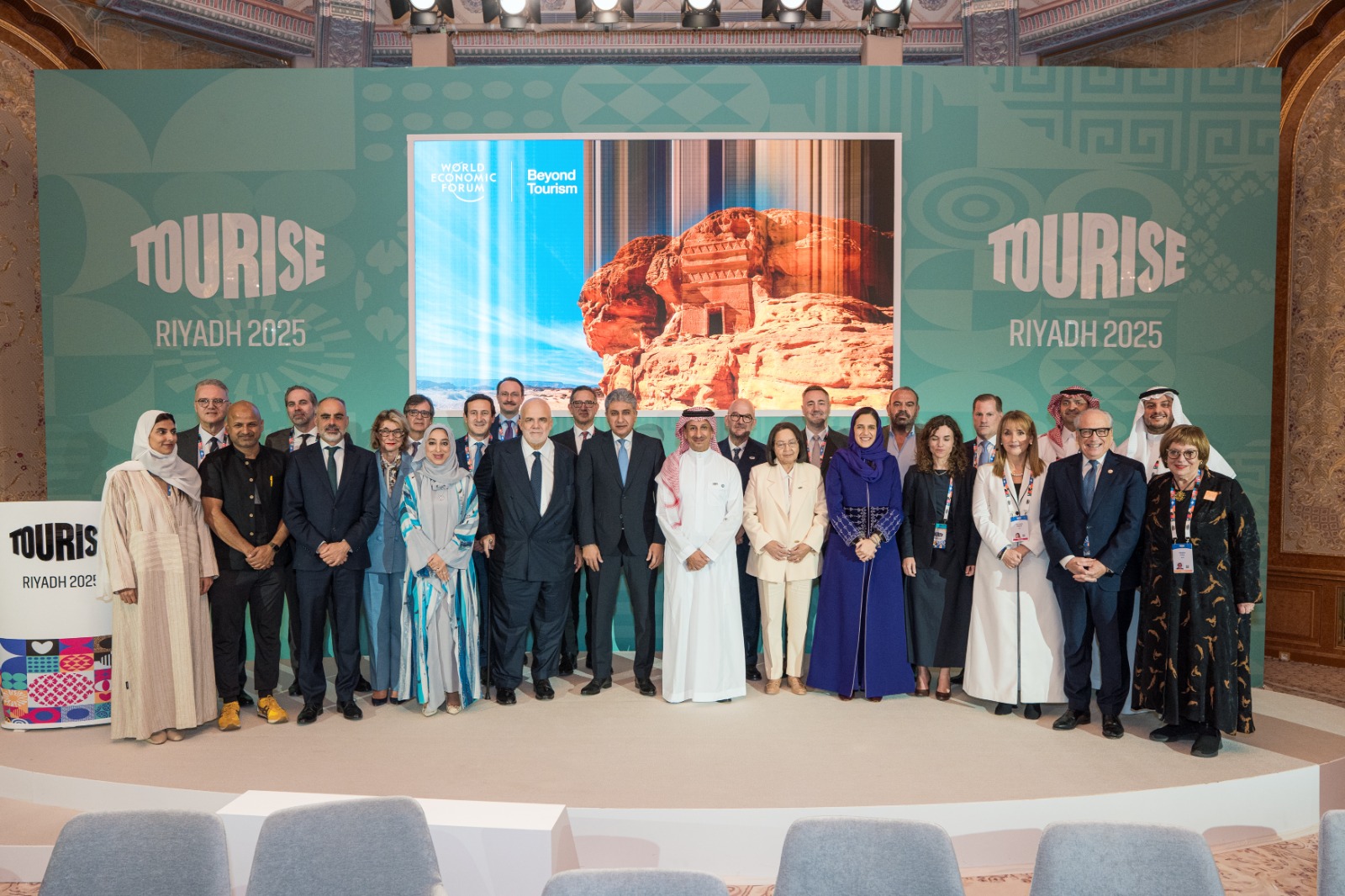Today, at a global conference hosted by the International Policy Centre for Inclusive Growth (IPC-IG), Pakistan was labelled as one of the top ranked countries in Asia having the highest response to social protection amid COVID-19 crises. This new study was conducted by UNICEF, UN and IPC-IG to assess social protection response in Asia focusing on an extensive mapping and overview of how social protection measures were deployed by the countries in Asia and the Pacific region in the response to the COVID-19 crisis.
The study reveals that Pakistan covers highest number of responses to social protection in Asia through Ehsaas Emergency Cash. “Afghanistan included many humanitarian interventions; hence Pakistan tops the list”, says Marina Andrade, researcher from IPC-IG team. Further, according to Andrade, “South Asian countries had a larger number of social protection responses to COVID19 when compared with other Asian nations. Regarding coverage, Pakistan, Timor Leste, Tuvalu and Sri Lanka implemented important changes to increase the number of beneficiaries.”
Social protection.org is the key initiative of IPC-IG which is supported by Governments of Australia and Germany and is an influential forum of social protection.
With the moderation from the Asian Development Bank (ADB), the opening panel discussion had a regional focus particularly on Asia and the Pacific, Africa and the Middle East, and Latin America and the Caribbean. The country panel on Asia Pacific brought together SAPM Dr. Sania Nishtar, Bapak Maliki, Director of Poverty Alleviation and Social Welfare Indonesia and H.E. Theng Pagnathun, Delegate of Royal Government of Cambodia in charge of Director General of Planning who discussed social protection responses to COVID-19 in their respective countries.
Sharing the scale and ambition of Ehsaas Emergency Cash, Dr. Nishtar said, “Within 10 days of COVID-19 lockdown, the government of Pakistan had launched the Ehsaas Emergency Cash programme, providing urgent cash payments to over 15 million households. The $1.25 billion safety-net programme was rolled out at unprecedented speed, designed in the short-term to offer immediate relief in the form of $75 to the poorest and hardest hit families.” Further adding, she said, “The programme’s end-to-end digital approach, with transparency hard-wired into its design, offers lessons about how to use personal identification systems. By combining phones, internet connectivity and national IDs, we were able to create a digital, demand-based social-protection system, enabling those in distress to seek emergency cash support.”
Concluding the insights on Ehsaas Emergency Cash, she said, “Overall, the Ehsaas Emergency Cash programme not only helped our country respond to the immediate crisis, providing relief for the poorest households in Pakistan, but also put in place critical building blocks for a stronger and more inclusive financial sector in Pakistan.”
The global e-conference provided an opportunity for taking stock, exchanging information and facilitating learning on social protection responses to COVID-19. It also offered a moment to deliberate on the future of social protection in the context of the global pandemic, in addition to celebrating socialprotection.org’s 5th anniversary.






